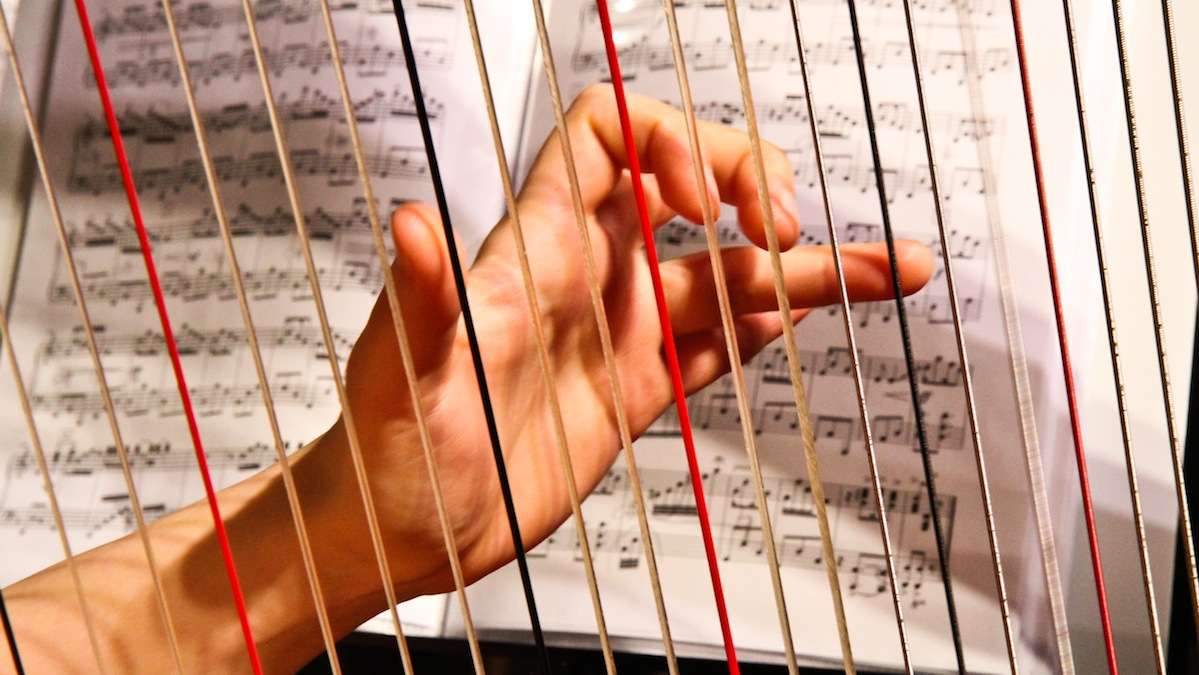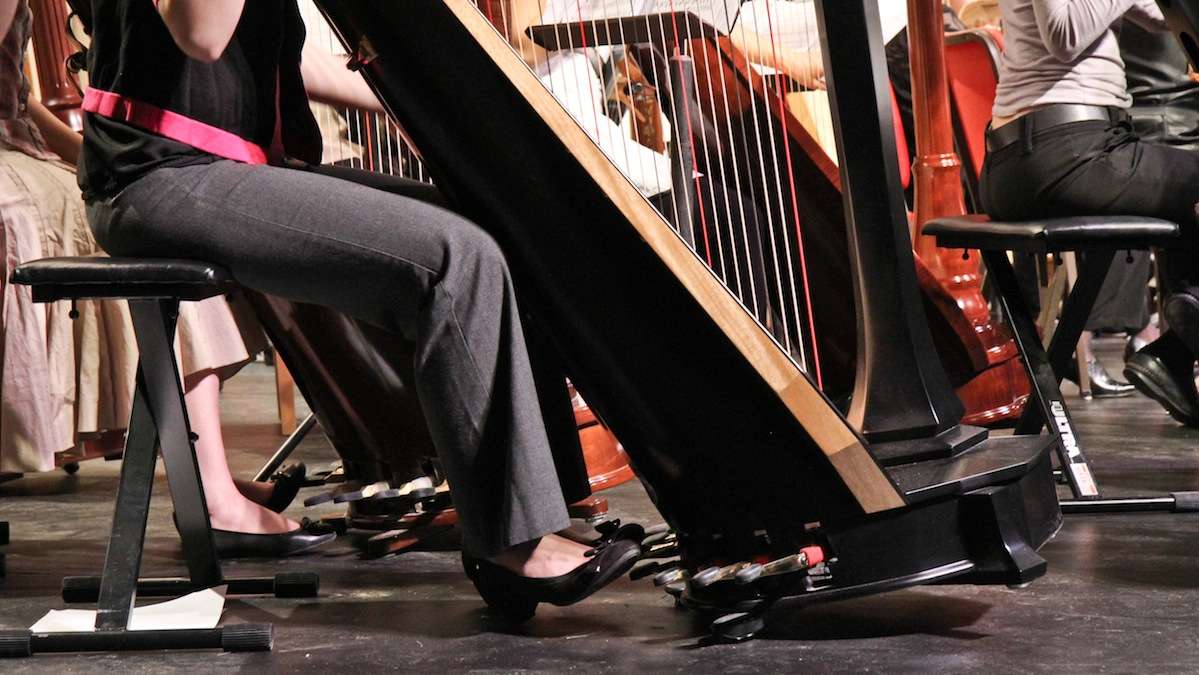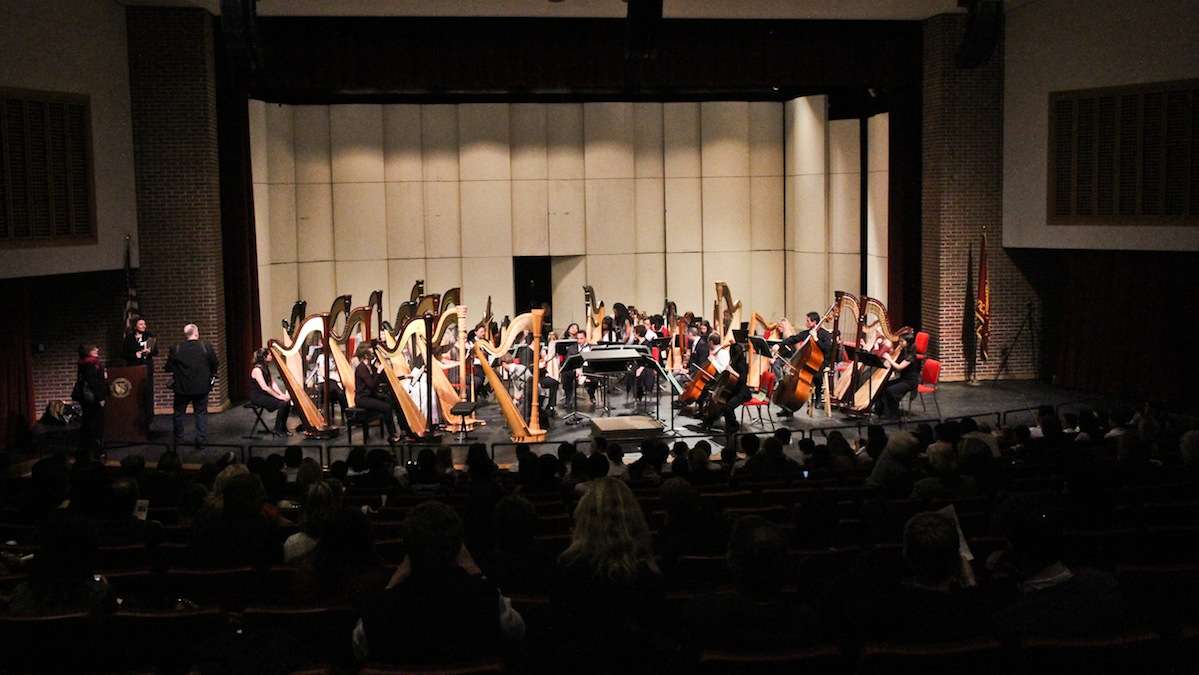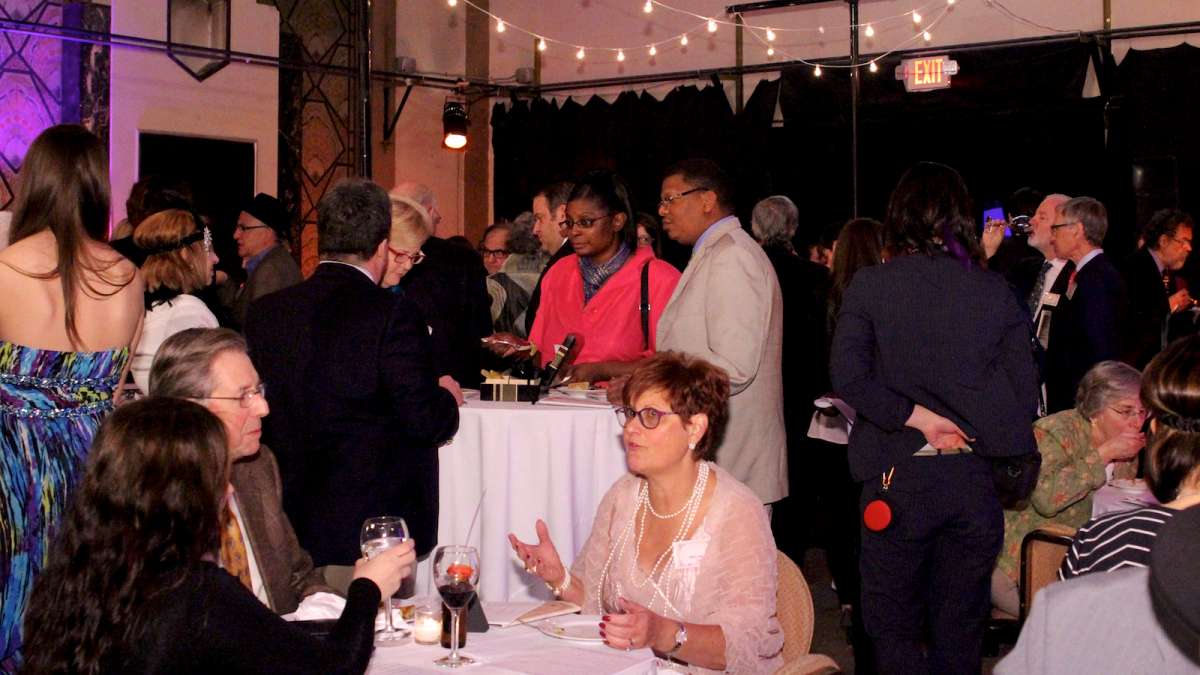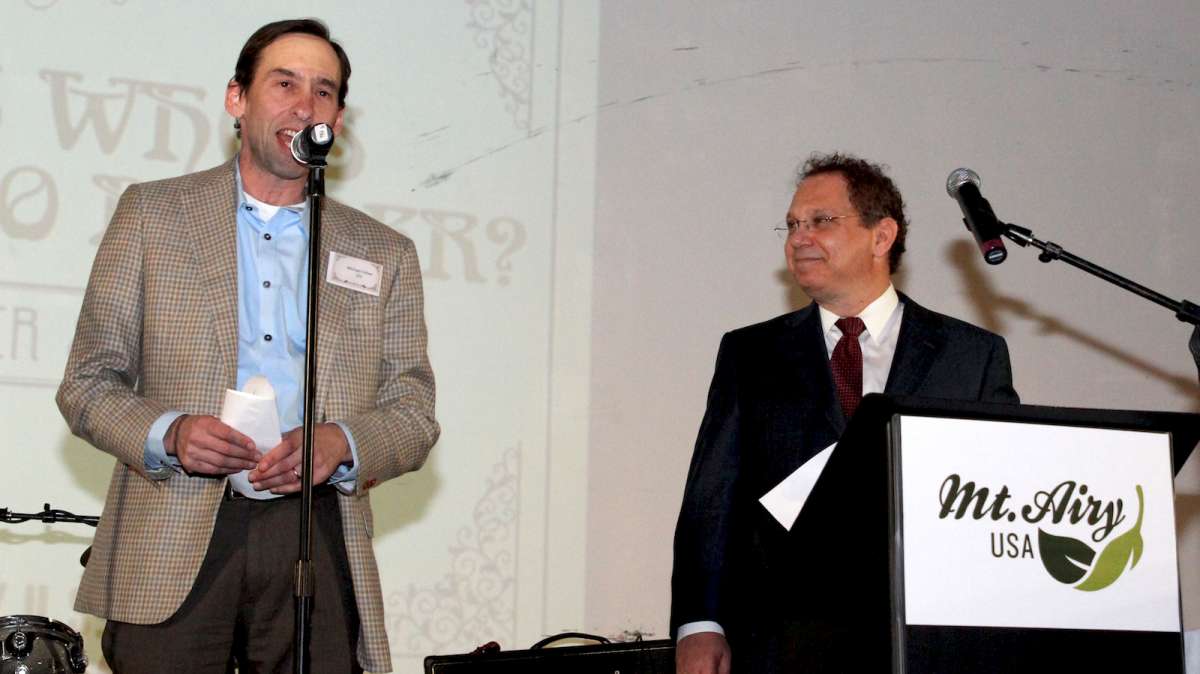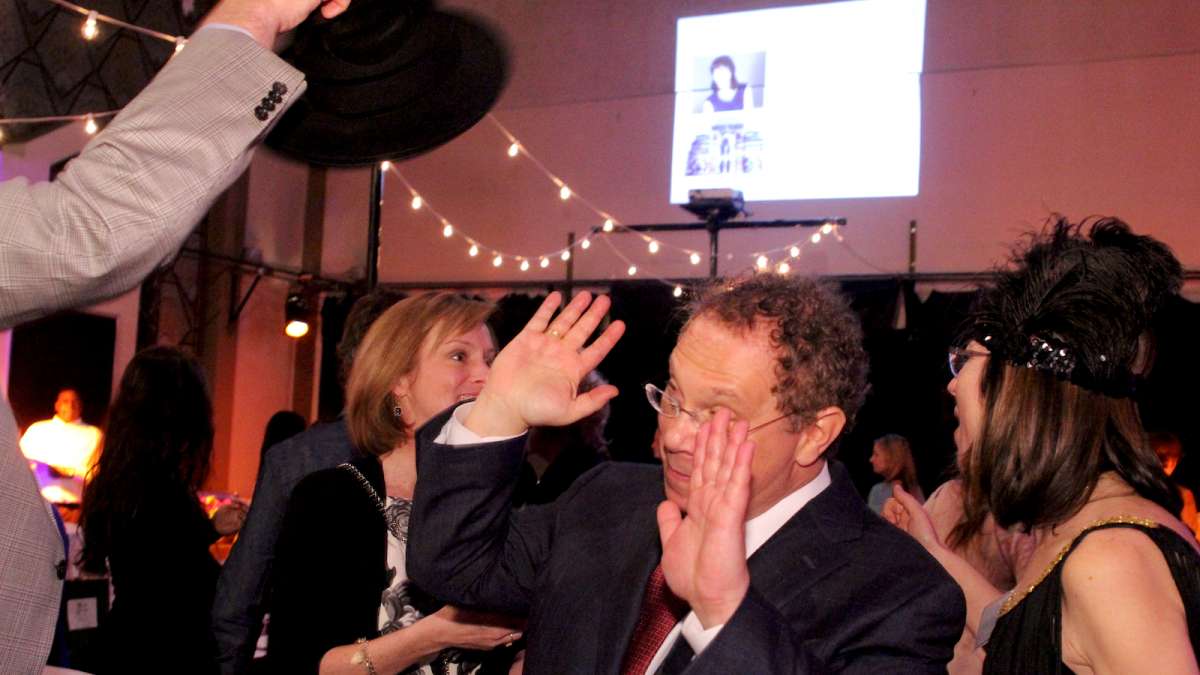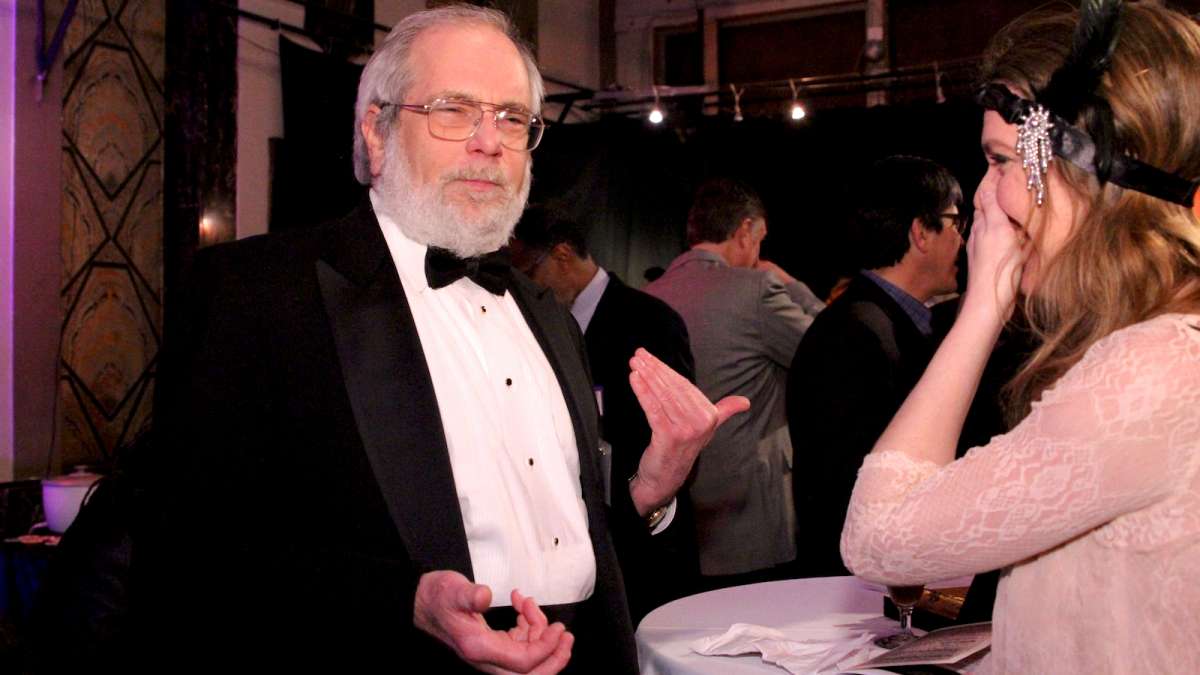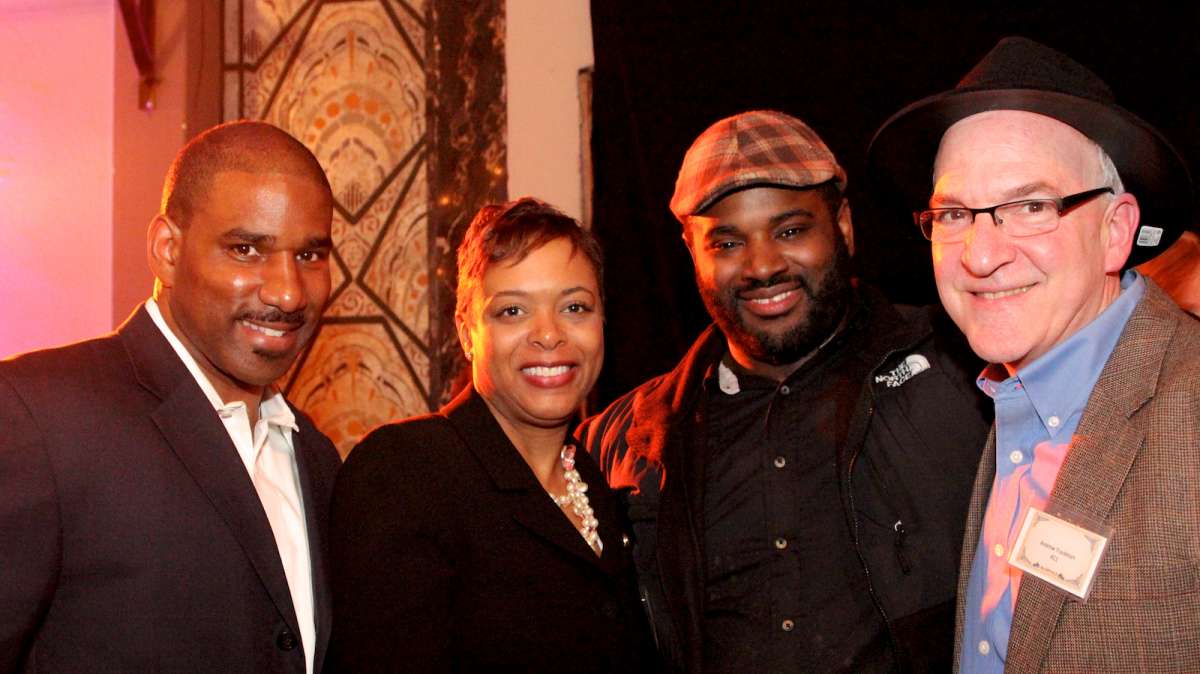A figure of speech: Lessons from Connecticut
Last month, I traveled to New Haven, Conn., to deliver speeches to two groups of young people. There were 300 middle school students in the first group, so I took a risk. I discarded my prepared notes and decided to speak from the heart.
I did so because I go into schools to speak to young people quite often. In auditoriums, or gymnasiums or classrooms bathed in flat fluorescent light, I see students whose eyes glaze over as they anticipate the bell.
Attention-span challenge
In such places, I don’t have the luxury of building up to some profound point. I have to grab them right away.
If I don’t gain their attention within the first 30 seconds, I’ve lost them before I even begin.
And so I tell them about the hustler, a poem I wrote some years ago about the issues that so often plague urban communities from Philadelphia to New Haven.
When I say these words, students — no matter where they’re from — immediately recognize their truth:
Jamal got locked up.
Told me he was a hustler.
You know, just a player in the game.
I said that’s a shame,
But if you wanna know the truth, you ain’t no hustler.
See, hustlers don’t play nobody’s game, they
Make their own game and set the rules, they
Make their own work and bring the tools, they
Work a nine to five and a midnight to eight.
They work real hard and get home late
To hug their wife and kids.
Sometimes they even tell ‘em ’bout the work they did.
But they don’t ever stand on nobody’s corner, waitin’ to exhale
Hustlers don’t go to jail …
By then they’re rapt, and as they silence their stomachs and focus their tired eyes, I can take them on a journey through an imperfect life.
Hearing the message
I can tell them that I made the same mistakes some of them are living, or seeing, or hoping to avoid.
I can tell them that despite coming from a rough neighborhood in Philadelphia, I learned that I had a gift for expression.
I can tell them that no matter what they’re going through, and no matter what anyone tells them, they can make it.
When I share those things, I don’t rely on how well I turn a phrase, or how far my voice projects. I don’t rely on rhetorical techniques gleaned from focus groups or keywords mined from data.
When I speak to kids, my goal is to relay three specific things: Truth, hope and love.
Kids respond to that because it’s such a welcome change from the apathy and cycnicism they so often receive from adults.
They respond to that with laughter and with questions, with intense scrutiny and attention.
But after the applause dies and the crowd melts away, I wonder if they’ve taken anything with them.
Valuable feedback
Just a few days ago, I received an email containing letters from three of the students who were in the audience that day in Connecticut.
For the first time in a long time, I got answers to the questions I ask myself each time I speak to young people in Philadelphia and beyond.
“The most important message I took away from your presentation was that you shouldn’t try to fit in with the wrong crowd,” wrote a student named Selena Anderson. “You stated that when you were younger, you hung around with kids who you knew were doing the wrong things.
“You thought you were cool and a ‘hustler,’ but when you grew up you realized that a hustler is not someone who runs the street. A ‘hustler’ is someone who is loyal to his friends and family. It is someone who’s out there working hard every single day even if it’s a minimum wage paying job in order to provide for their loved ones. It is someone who is out there chasing their dream without giving up who they are on the inside.”
Another student, Rickqueal Warren, said he remembered what I said about hard work.
“It doesn’t really matter if you are poor,” he wrote. “If you work hard and stay true to yourself you can be successful if you are willing to work for it.”
I’m glad I received those letters, because like most adults, I often feel that what I say to young people disappears into the abyss.
It’s nice to know they came away with something worth holding onto this time. Knowing that gives me something to hold onto, as well.
If I learned anything from those young people in Connecticut, it was this: The students in New Haven are experiencing the same victories and losses as the young people in Philadelphia. And just like our students, the last thing they need is a prepackaged pep talk.
Instead, they need the truth delivered with love. If they receive that gift, it doesn’t matter what obstacles they face. They’ll have the hope they need to get through to the other side.
Hope is the greatest motivator of all.
WHYY is your source for fact-based, in-depth journalism and information. As a nonprofit organization, we rely on financial support from readers like you. Please give today.






